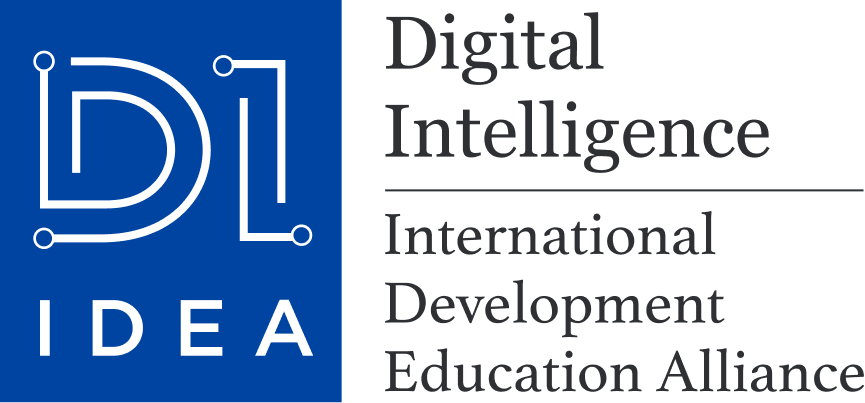Digital Intelligence Education Development International Innovation Forum: Digitalization and the Future of Global Higher Education Held
On the morning of November 3, 2023, the Beijing Forum (2023) officially launched the Digital Intelligence Education Development International University Alliance (DI-IDEA) project. From November 3rd to 4th, the ninth sub-forum of the Beijing Forum (2023), hosted by the Department of International Cooperation, Office of Academic Affairs, and the Center for Faculty Teaching Development of Peking University, was held at the Science Lecture Hall of Zhongguan New Garden, Peking University. This sub-forum was the first member activity of the DI-IDEA, where renowned experts and scholars from Asia, Europe, and America gathered at Yan Garden to discuss 'Digital Intelligence Education Development International Innovation Forum: Digitalization and the Future of Global Higher Education,' addressing the development of global higher education in the era of digitalization and intelligence.
Gong Qihuang, President of Peking University and Academician of the Chinese Academy of Sciences, Teruo Fujii, President of the University of Tokyo, Zhang Pingwen, President of Wuhan University and Academician of the Chinese Academy of Sciences, Song Yonghua, President of the University of Macau, Wang Ziqi, President of the Chinese Culture University, and Su La, Executive Vice Provost of Columbia University Soulaymane Kachani, Deputy Provost of the London School of Economics and Political Science Susana Mourato, Vice President of Mahidol University Thatchavee Leelawat, Deputy Secretary of the Party Committee of Sun Yat-sen University Wang Fan, Vice President of Lanzhou University President Pan Baotian, Vice President of Xi'an Jiaotong University Xi Guang, Vice President of Shanghai Jiao Tong University Zhang Zhaoguo, Vice President of University of Science and Technology of China Zhou Congzhao, Vice President of Southeast University Sun Litao, Vice President of University of Hong Kong Gong Peng and other domestic and foreign guests attended the sub-forum. The opening ceremony and keynote report of the sub-forum were hosted by Wang Bo, Vice President and Provost of Peking University.
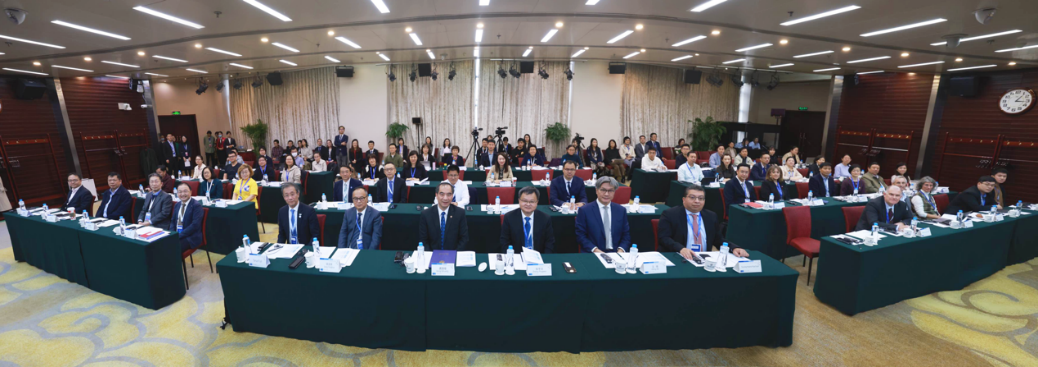
Group photo of guests attending the meeting
Gong Qihuang pointed out in his speech that in the era of digital intelligence, education and academics are facing unprecedented opportunities and challenges. Facing opportunities and challenges, Peking University has conducted targeted exploration in three directions in its school-running practice: first, actively building cloud classrooms and building a customized training system to create conditions for teaching students in accordance with their aptitude; second, seizing the ability of top innovative talents in the digital intelligence era To meet the new requirements for quality, we should vigorously cultivate interdisciplinary talents; third, we should use new technological means to build a new platform for international exchanges. Gong Qihuang hopes that the establishment of the International University Alliance for the Development of Digital Intelligence Education can promote global higher education colleagues to work together, communicate and learn from each other, and work together to promote the integrated development of new technologies and higher education, thereby creating new changes and breakthroughs in world higher education, and for mankind. Social progress contributes more wisdom and strength.
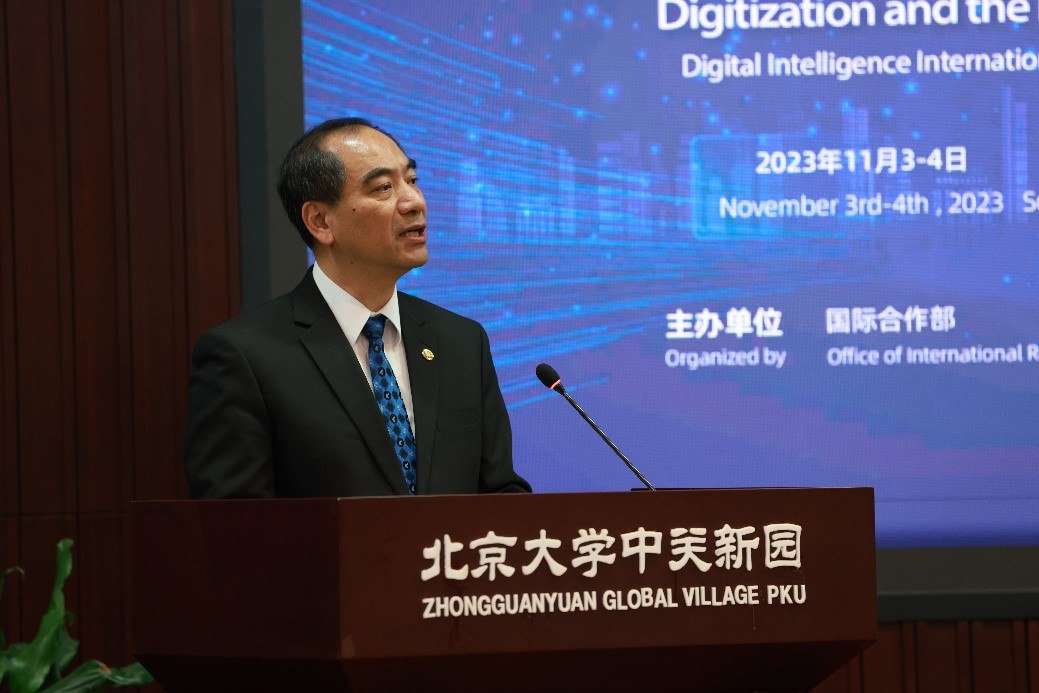
Gong Qihuang delivered a speech
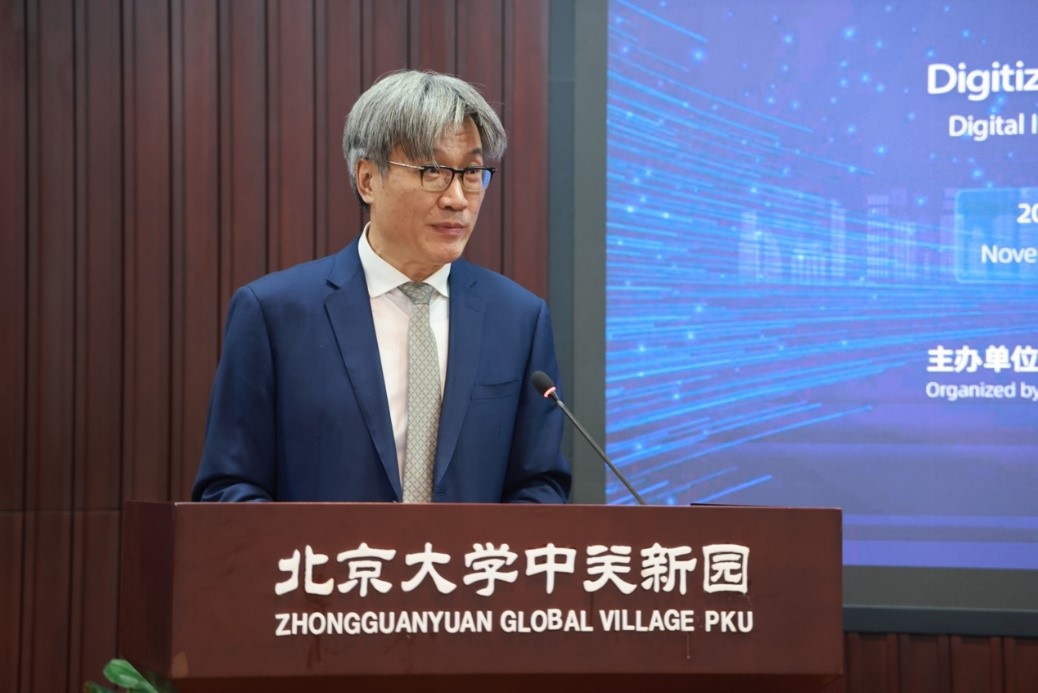
Hosted by Wang Bo
Song Yonghua analyzed the opportunities and challenges for the development of higher education in the era of digital intelligence from three aspects: First, innovation in means breaks time, space and geographical restrictions and facilitates cross-regional international cooperation in higher education; second, the reform of governance models promotes smart campuses The establishment has accelerated resource optimization, efficiency improvement and service extension. Third, the development of digital intelligence has brought about the need for innovative subject integration and talent training. Song Yonghua emphasized that we must correctly view the two-way relationship between digital intelligence and humanities and social sciences that promote each other, and innovate more talent training paths and methods in specific practice.
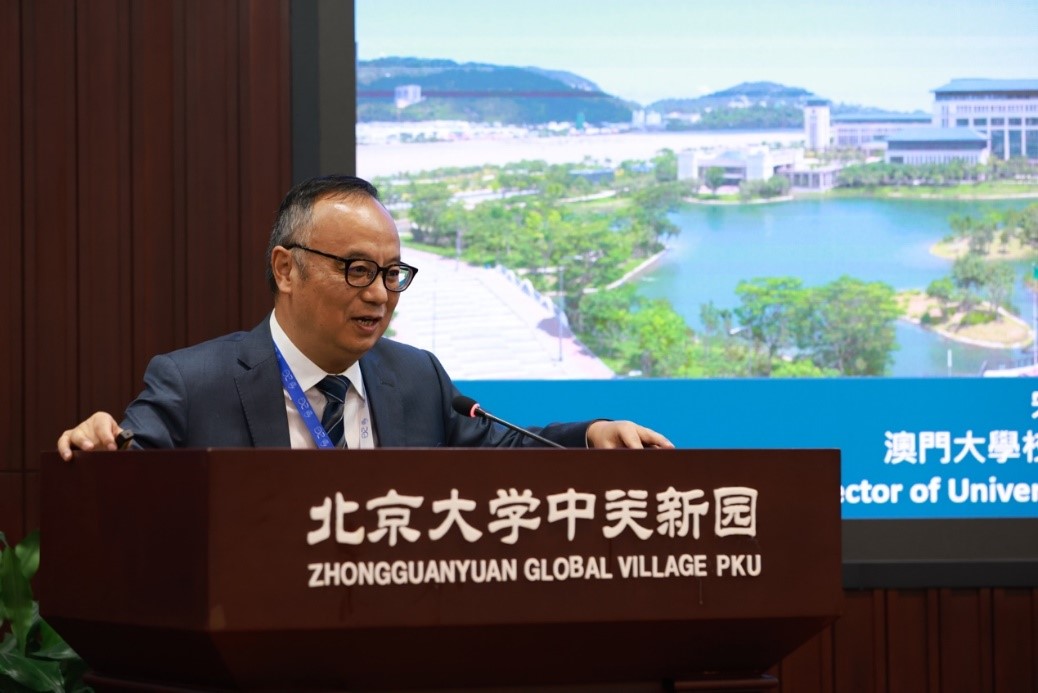
Song Yonghua delivered a keynote speech
Zhang Pingwen pointed out that digital thinking and digital literacy are basic skills that citizens in the digital intelligence era must possess. The task that colleges and universities must complete is to build a comprehensive digital intelligence talent system that covers all students, selects courses across the school, and uses resources throughout the school. To this end, the connotation and core content of data science must be condensed. Zhang Pingwen introduced Wuhan University’s specific practices in cultivating digital intelligence talents and the “five-digit-in-one” training system.
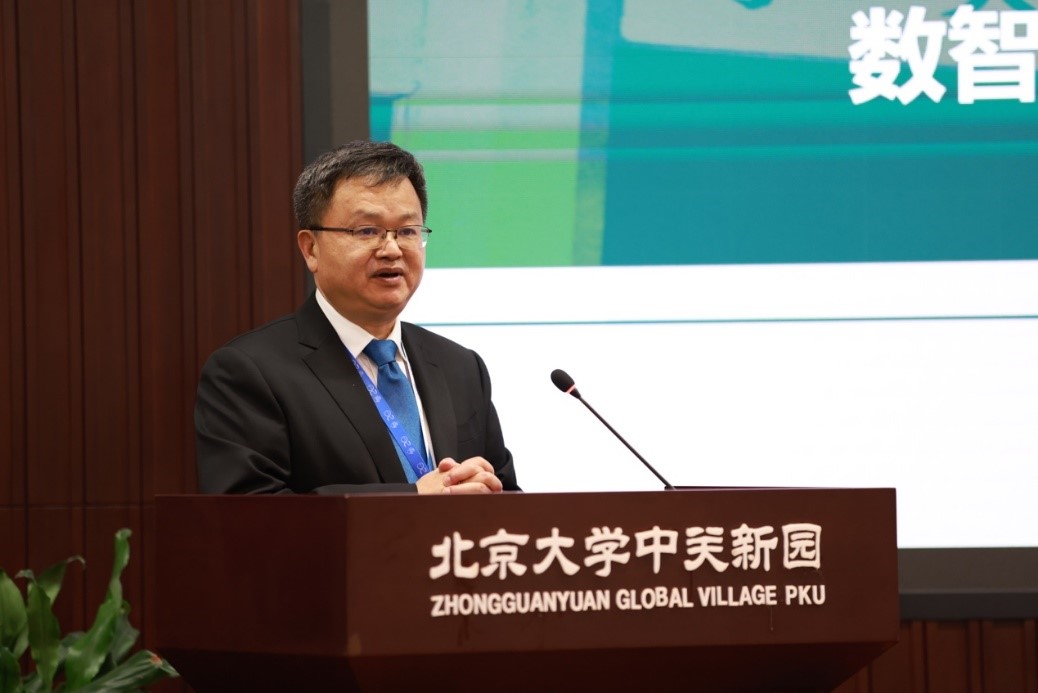
Zhang Pingwen delivered a keynote speech
Surami Kachini believes that the future of education is a hybrid offline and online teaching model, and the biggest challenge to meet digitalization is not the technical level, but the management level. Therefore, the entire higher education sector must further strengthen the campus Investment in internal capabilities. Among them, artificial intelligence AI will become the most important enabling factor and promote the transformation of teaching in the next 5 to 10 years.
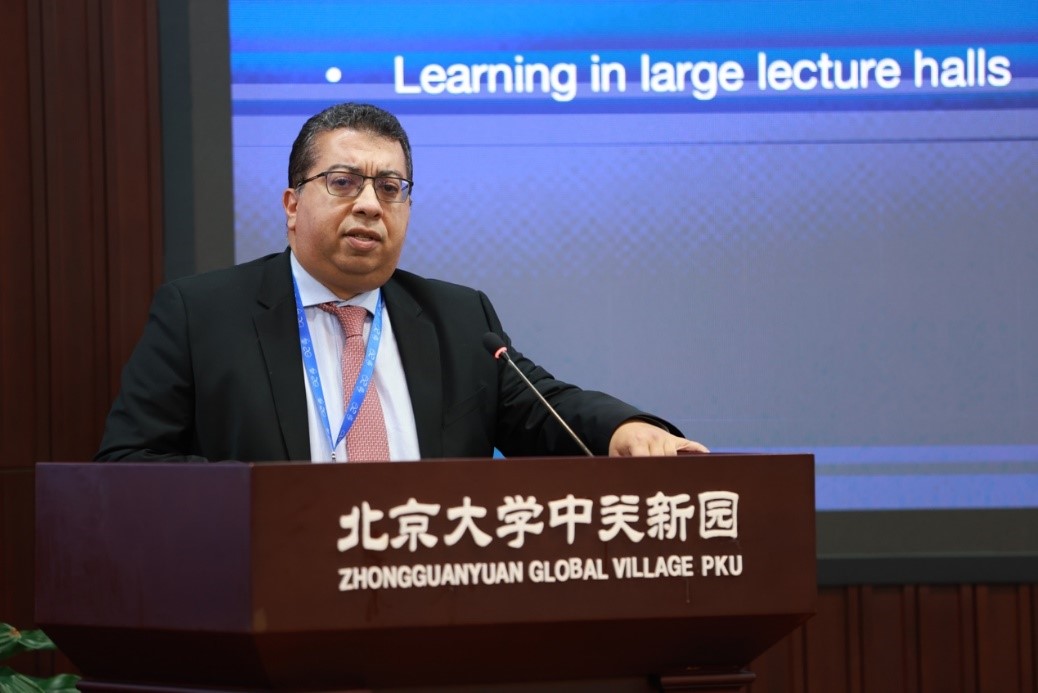
Surami Kachini delivered a keynote speech
Sun Hua, director of the Office of the Provost of Peking University, director of the Teacher Teaching Development Center, and secretary-general of the International University Alliance for the Development of Digital Intelligence Education, briefly introduced the relevant work of the alliance to the experts and scholars attending the meeting. Sun Hua said that this year is Peking University’s “International Strategic Year”. With the support and guidance of the Ministry of Education of China, Peking University has invited nearly 30 universities at home and abroad to establish the International University Alliance for the Development of Digital Intelligence Education, aiming to strengthen cooperation among universities and jointly respond to The major challenges faced by mankind in the era of digital intelligence, explore digital intelligence governance methods, and provide academic support and policy suggestions to improve the well-being of human society. The alliance will carry out a series of cooperation and exchange projects and looks forward to more international universities joining.
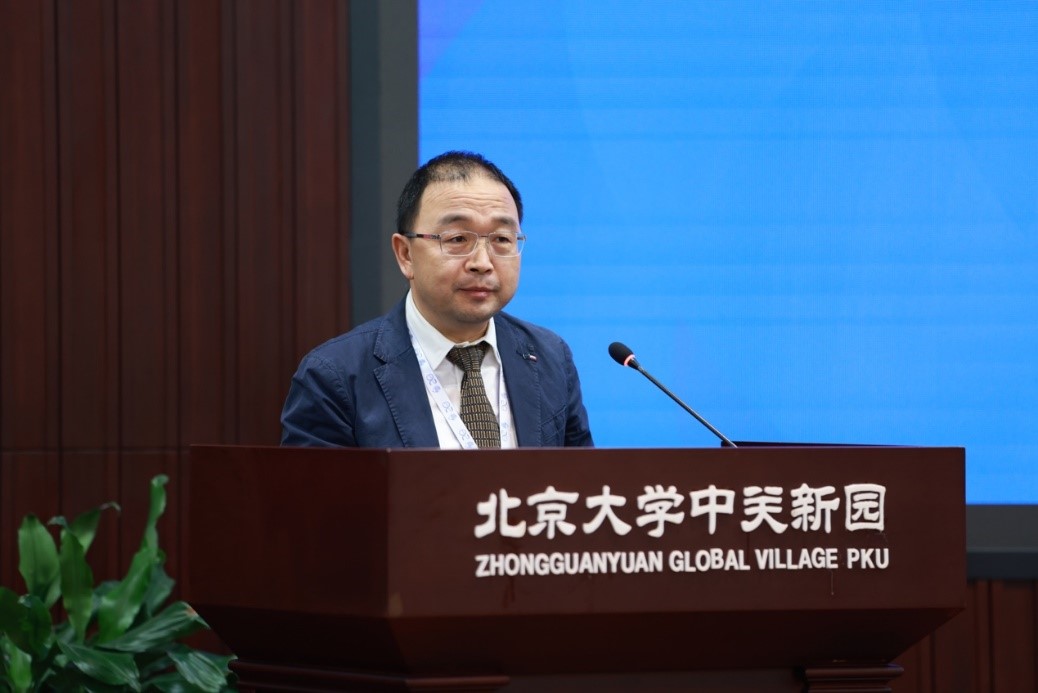
Sun Hua introduced the work of the alliance
Sun Hua presided over the keynote speech session of the sub-forum. Patrick Carmichael, executive director of Camtree at the University of Cambridge, emphasized in the report that the sharing of knowledge has a positive impact on learners’ learning outcomes, professional development, teaching information and career development. The core concept of the Camtree project is to realize platform sharing of teaching resources through digital libraries and other forms, establish a knowledge network of global educators, and promote systemic and policy changes through the combination of collective wisdom.
Yan Fengqiao, dean of the School of Education at Peking University, pointed out that digital intelligence is a new knowledge change in the history of human development. In the context of digital transformation, the explosion of knowledge and the selection of knowledge are a big challenge for education. . He believes that in the new technological revolution and international environment, the gap between technology and social changes, and the separation between the body and the conscious world all exist objectively. Knowledge is not just cold numbers, it also requires some warmth. "Knowing things in your eyes and having people in your heart" should become the promoted educational concept.
Simon Walker of University College London believes that education and academia are currently being challenged by new technologies. Hybrid teaching methods are becoming mainstream and a large amount of teaching work will be completed in a virtual environment. Therefore, course design is important. Sexuality is significantly improved. At the same time, generative AI has also had an impact on teaching and academics to a great extent. While we enjoy the convenience brought by artificial intelligence, we should also pay attention to AI ethical issues and how to deal with inequality in the development process. issues, and emphasize that human ethics and values are the key to the future development of AI.
Wang Zhidong, Chairman and CEO of Beijing Yilian Yisheng Educational Technology Co., Ltd., discussed the starting point of education. He said that China's basic education poverty alleviation, poverty alleviation and poverty alleviation work has been basically completed, but poverty alleviation through education is not the end of rural education, but a new starting point. The goal is fair and high-quality education that everyone can obtain. Wang Zhidong hopes that on the basis of China's rural revitalization, digital technology can be used to solve the pain points and difficulties of rural education concepts.
Chen Xiaohua, director of the Teaching Development Center of the Hong Kong Polytechnic University, emphasized that while AI is changing the higher education industry, our learning methods and education methods are being transformed. How to teach students knowledge that cannot be gained by using generative AI is a question that educators should constantly think about. For the future development of digital intelligence education, we should consider not only changes in learning methods, education methods, and assessment methods, but also changes in the entire educational paradigm. This is what universities must focus on.
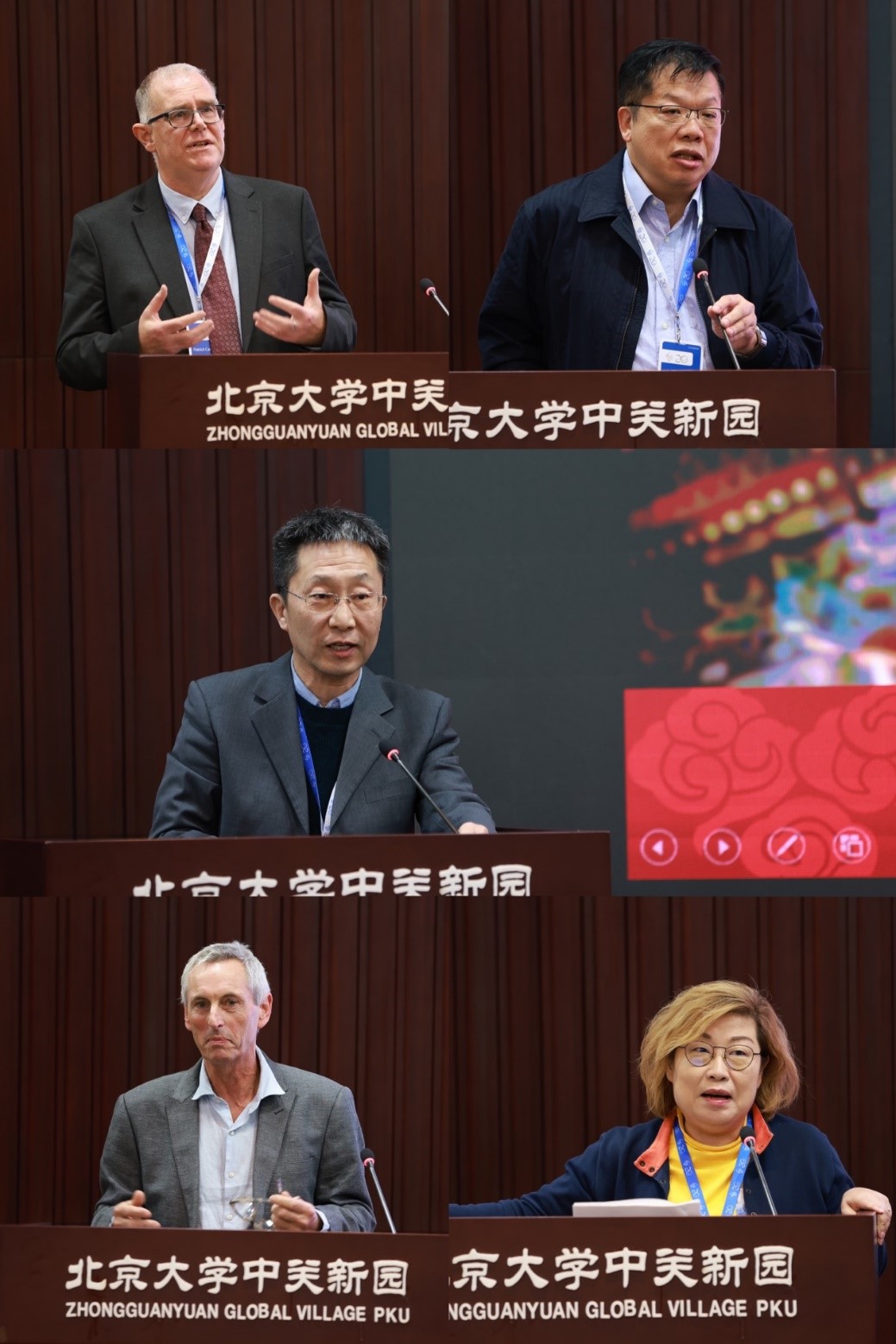
Keynote speech session on November 3
The keynote speech session on the morning of November 4th was hosted by Lin Fengmin, deputy director of the Teacher Teaching Development Center of Peking University.
Kevin Martin, executive director of the Center for Future Digital Education at the University of Cambridge, pointed out that the global higher education landscape is undergoing a profound and rapid change. The integration of AI technology and the expansion of the Internet continue to challenge the traditional education paradigm, and its impact on The impact of education reform mainly has three aspects: first, education and learning, second, educational accessibility, and third, assessment ecosystem.
Wang Qiong from the School of Education of Peking University said that ChatGPT will play more roles in our learning process. The environment of the traditional research model is the triangular relationship between teachers and students, or between students and students. When intelligent systems begin to intervene, we should turn more to the four-dimensional subject, including dialogue with the technical environment.
Sam Smidt, Academic Director of King's College, King's College London, discussed the issue of educational leadership in his speech. The international educational leadership program jointly launched by four universities closely combines pedagogy and digital development, emphasizing inclusion and diversity while integrating innovative technologies into educational practice in a targeted manner.
In his speech, Guo Wenming from the School of Education of Peking University reviewed the development of education from ancient times to the present, discussed the educational changes in the era of artificial intelligence, and formed a set of artificial intelligence methods under the future knowledge architecture to construct knowledge in the future digital era.
In her speech, Qin Jiahui, director of the Academic Ability Enhancement Research Center of the Chinese University of Hong Kong, mainly introduced how to cultivate college students’ digital literacy and computational thinking, and how to integrate the cultivation of digital literacy, computational thinking, and artificial intelligence literacy into the entire education process, including formal The course also includes work forms. By encouraging digital creation, students are inspired to use technology to achieve creativity.
Hong Huaqing from Nanyang Technological University in Singapore analyzed the challenges of digital transformation in education. He pointed out that many schools currently have sufficient hardware investment, but lack matching data analysis, and lack independent development and debugging to adapt to their own conditions in the use of various learning platforms. Digital transformation should not just stop at the information level, but must give full play to the focus of data to redefine smart education.
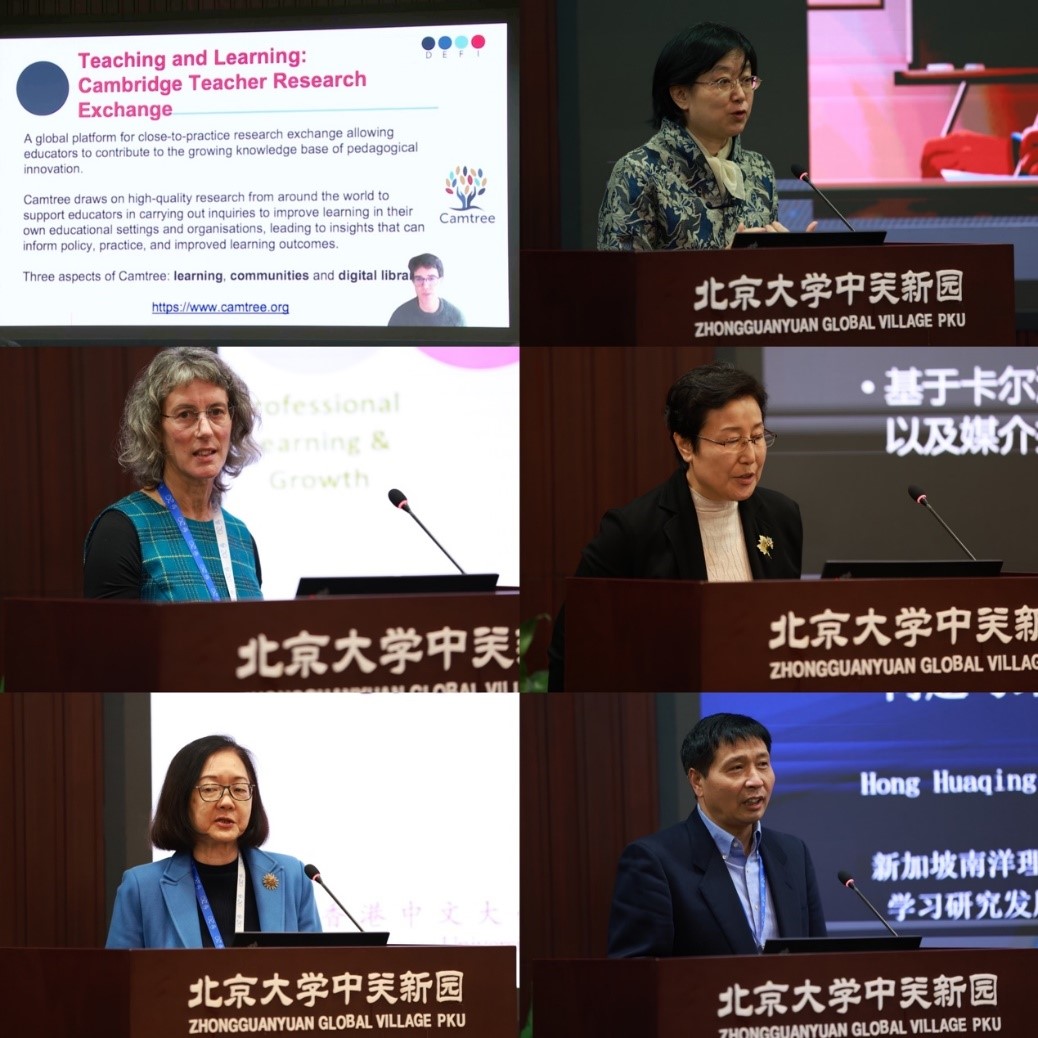
Keynote speech session on November 4
In the sub-forum roundtable dialogue session, focusing on the theme "Fairness and Quality - Digital Empowerment Education Reform", five guests including Chen Xiaohua from the Hong Kong Polytechnic University, Wang Xiaoxiao, Director of the Online Education Office of Tsinghua University, Jiang Yan, Wang Zhidong and Zhou Jing from the University of Tokyo, Japan Made a speech. This session was hosted by Wang Shengqing from the Teacher Teaching Development Center of Peking University.
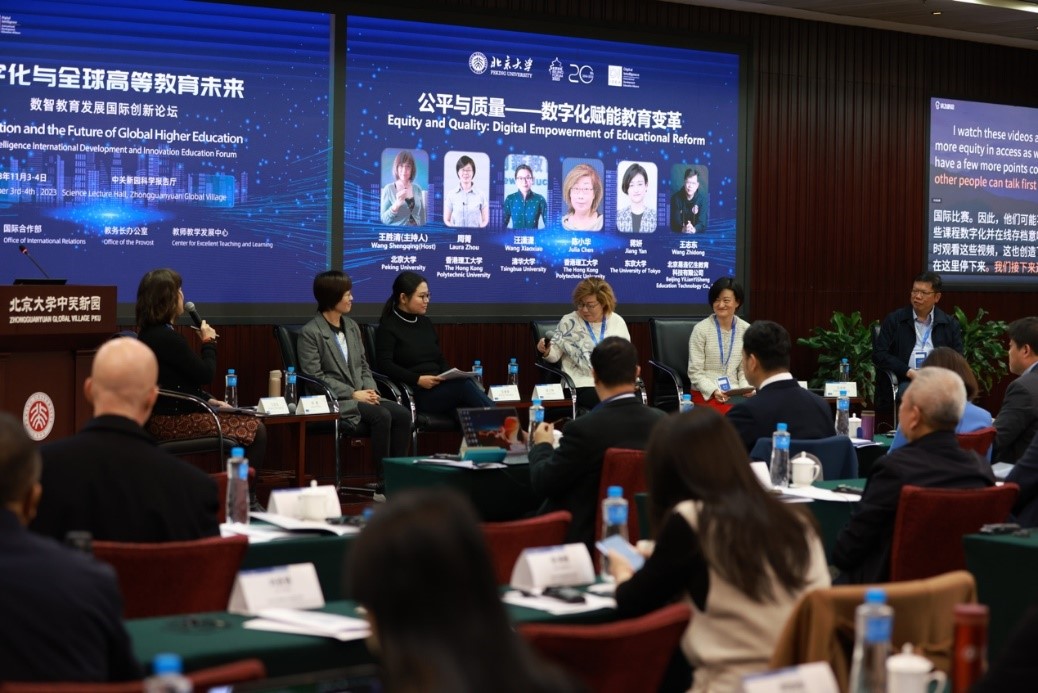
Round table dialogue session
This sub-forum had an in-depth exchange of development strategies, theoretical research results and practical experience in the digital transformation of higher education, and called on more universities to join hands in promoting new changes and breakthroughs in the field of digital intelligence in global higher education.
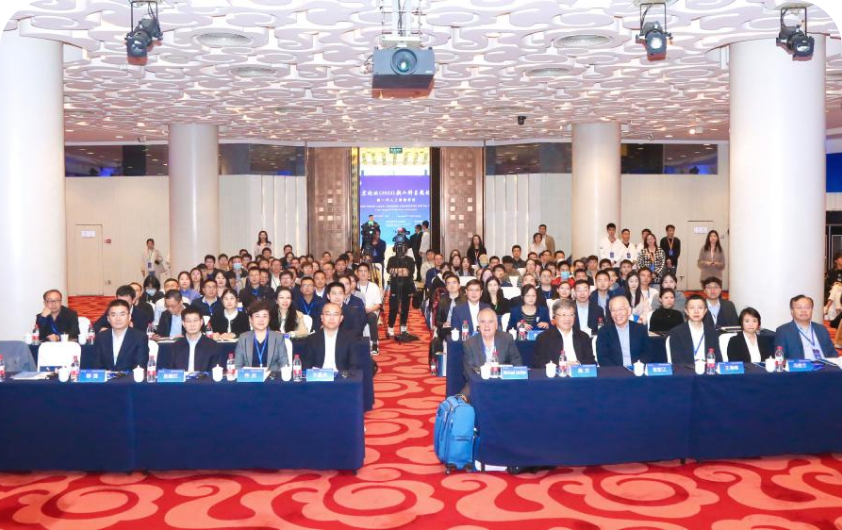
Beijing Forum (2023) New Engineering Special Forum Held
Dec 13, 2023

Beijing Forum (2023) New Engineering Special Forum Held
Dec 13, 2023
